Are you a first-time home buyer?
An expert True North broker can help you access financial support to soften the financial blow — with knowledge of programs and rebates designed to help.
Know before you go. Get pre-approved, fast and simple.
Get out the door quickly, with a solid idea of the mortgage-size you can afford. Plus, you can hold your best rate for up to 120 days. It's FREE and no obligation.
Are you thinking about looking for a home or property?
Connect with us to pre-qualify for your mortgage amount. You'll get a good idea of the numbers that will work for your budget and what neighbourhoods you can afford.
Already looking for a home to buy?
How exciting. Apply with us, and we'll take you one step further, for a pre-approval and rate hold.
Getting pre-approved is crucial if you're serious about housing hunting (picture your real-estate agent nodding vigorously here).
It's a conditional commitment from a lender that provides a clear picture of the mortgage size you can afford. There's nothing worse than putting in a bid for a home, only to have your mortgage application turned down by a lender due to the home purchase price.
Your pre-approval gives you the confidence to make realistic (and exciting!) decisions as you look for a home or vacation property.
To start the process, you'll need to provide accurate information, and we'll walk you through the rest.
Read more here about the difference between pre-qualified vs. pre-approved, and make sure to do this, but not that for your pre-approval.
When it comes to your pre-approval mortgage needs, we think so, and here's why:
Our friendly mortgage brokers shop the lenders for a pre-approval that's fast and offers your best mortgage rate for the most flexible product that fits your situation — in your preferred language.
We're a top, trusted mortgage brokerage in Canada, with access to several mortgage lenders, including big banks, non-banks (like our own in-house, CMHC-approved lender, THINK Financial), credit unions, and alternative and private lenders.
When you apply with us, we can often hold your rate (for which you qualify) for up to 120 days, protecting you from any sudden rate increases. It allows you to hunt around for the right place, knowing that your rate is secure — and that we're keeping our eye out for whether a lower rate may be available.
Find the home of your dreams? We'll guide you from pre-approval to full approval, while passing along our volume discount to help you save a pile of cash.
There are two foremost ways we help you save when you need a pre-approval. The first is securing your best mortgage rate. The second is by ensuring you have the best mortgage fit.
On average, we save our clients over $3,000 or more, which can really add up over the life of your mortgage.
How do we save you money? Our expert brokers handle huge volumes with several lenders, and are salaried and non-commissioned. It gives us access to discounted rates, and we're free to put your needs first in getting a pre-approval with the right lender, rather than support a particular lender.
Along with our better rates, when you find the home or property that sings your song, we help ensure you have the right mortgage for your unique situation — even if we need to move your approval to another lender than the one you were pre-approved with (though we try to get it right the first time to cut down on the process details).
Having the right product and lender can save you even more cash and stress later on, such as having lower pre-payment penalties and fewer restrictions and fees, including for changes you may need along the way, like a mortgage payment recast or a different payment frequency.
Don't just take our word for it — check out our over 17,000 5-star reviews from clients thrilled with our lower rates and money-saving pre-approval advice.
We've funded over $31B billion in mortgages, helping one client at a time, like you, find their best mortgage.
An expert True North broker can help you access financial support to soften the financial blow — with knowledge of programs and rebates designed to help.
When you're ready to buy a house, we'll help you complete your full mortgage approval.
We simplify your process, taking all the numbers and complexity down to a simple, stress-free approach, outlining your details for clearer decisions along the way.
We'll assess your details, help you understand how a lender views your loan application, and support your path to mortgage approval.
The mortgage landscape has many options, even for more complex details, and an expert True North broker can help you find the right solution.
The size of your down payment could affect your full mortgage approval in a few ways:
The higher your down payment, the less risk a lender takes on for your mortgage loan amount. Some lenders will reduce or waive certain qualifications if you have a higher down payment (for example, if you own a business or if your credit is less than stellar).
And if your down payment is lower, there may be further risk factors a lender will consider for your mortgage approval.
Read more:
Learn more about your down payment
Why a bigger payment may come with a higher mortgage rate
What is an insured mortgage?
A lender will first consider your income sources (whether employment-based or non-traditional). A lender also looks at your 'gross income' — the money you earn before taxes, including overtime, commissions, dividends, and any other sources.
They'll want to see a steady history for these income sources. For example, many lenders will count income from a part-time or seasonal job, as long as you can show that you've had that job for at least two years.
Then, they consider how much of your total income will be spent on housing to determine what they feel you can comfortably afford.
For example, suppose your house payment comprises a larger portion of your income. In that case, you're more likely to have trouble making these payments in light of other potential expenses (such as cars, furniture, and home maintenance or upgrades). On the other hand, if the house payment is a smaller portion of your income, you're more likely to be able to afford the house over the long term.
The lender will also compare your current housing expenses to your potential new home expenses. The smaller the increase, the stronger your application.
Read more:
How lenders view employment income sources
How lenders view non-traditional income sources
Are you self-employed? Here's how your income may be treated
In addition to your income, a lender will look at your debts owing, and will use Gross Debt Service (GDS) and Total Debt Service (TDS) ratios to determine whether you're able to afford your mortgage payments (try out our affordability calculator to get an idea).
Your debts include your house payment and other loans (such as auto loans, credit lines, charge cards, and child support) that you may make each month.
Here's how to calculate your debt ratios in qualifying for a mortgage in Canada:
If you’re overloaded with debt, we can help you consider whether taking equity from your home to consolidate your debt under one lower rate would be a viable, cost-saving option.
Read more:
Learn about your refinancing options
How does different debt affect your approval?
Have complex mortgage details? You may need a short-term solution
You don't need to be wealthy to qualify for a mortgage, but a history of steady employment in any occupation helps.
Lenders are more likely to lend money to those who have worked for several years at the same job, or at the same type of job. However, if you've only been in your current job for a short while, this won't necessarily stop you from getting a mortgage, as long as you've had regular income over the last two years.
A lender will typically verify your employment by requesting a signed letter from your employer that states how long you've been on the job and your income.
If you're self-employed, or if you've been at your job less than two years, the lender may ask you for additional information (such as federal income tax assessments) that show your income and work history.
More about getting a mortgage if you're a business owner or self-employed
Good credit helps you qualify for a mortgage. Banks consider not only your ability to pay (as indicated by your income versus debts), but also your willingness to pay, which is judged by your credit score — a number that indicates how well you've paid your loans and other debts.
It's a good idea for you to review your credit report (before applying for a mortgage, if possible), so that you're already aware of its contents, and can request changes if there's an error on your file.
When you apply for a mortgage loan, the lender will automatically order your credit report. If you've never had a loan or a charge card, they'll instead look at your record of payment for utility bills and rent.
Read more:
How does your credit work?
What is the minimum credit score you need for mortgage approval?
When you choose a home, a lender will want to ensure that the house is worth the price you plan to pay, as the loan amount approved is based on the value of the property.
The home's value is the lender's best assurance that they can recover the money, even if you stop making mortgage payments. If you do stop, the lender has the right to sell your home to pay off the loan — a process called 'foreclosure.'
It's essential to have a professional appraisal of the value of the home you plan to purchase, for your protection as well. If you decide to sell your home before you finish paying off your mortgage loan, you'll want a price that allows you to pay back the loan balance, and perhaps make a profit as well.
Identity theft is a growing problem in Canada for both individuals and lenders.
To help ensure that no one is falsely using your identity to commit title fraud or borrow money elsewhere for a home, your expert True North Mortgage broker will ask to see your photo identification. We may also ask you questions about your credit history to confirm the information on record.
That's just fine with us — we have the flexibility to look at several lenders for the right one that suits your details.
If you have a unique situation or your details fall outside of the traditional mortgage-product mold — perhaps you're in the middle of a divorce and need a payout option, or your credit is good but not great, or you have complex income sources — True North Mortgage has the flexibility to help find a customized solution.
Learn more about complex mortgage solutions here.
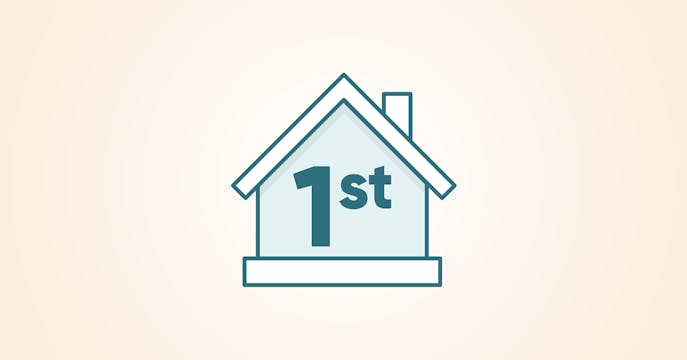
Get the best start and save a pile of cash with our mortgage experts.
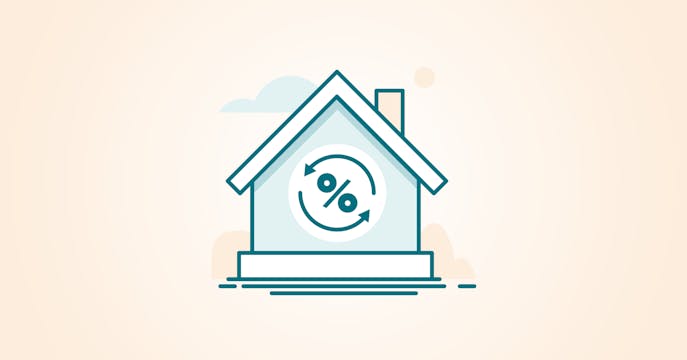
Refinancing may save you cash, or offer up needed funds. We'll help sort it out.
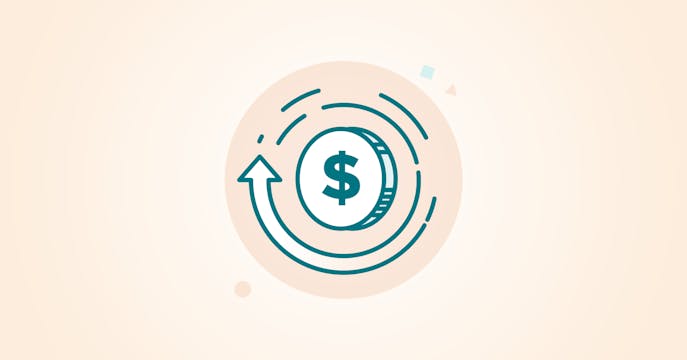
Don't sign without talking to us! Show us your renewal notice — we’ll beat it.
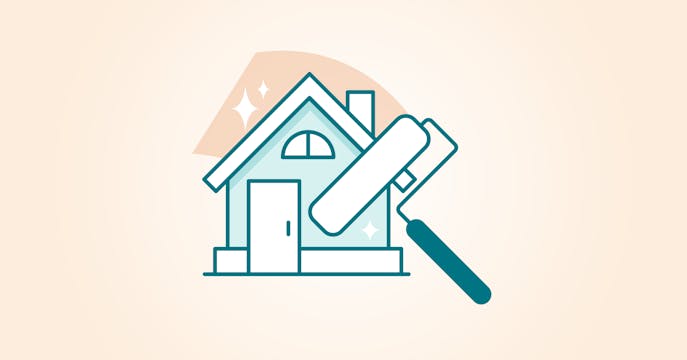
Need to renovate? Welcome to loan sweet loan. One manageable mortgage, one best rate.
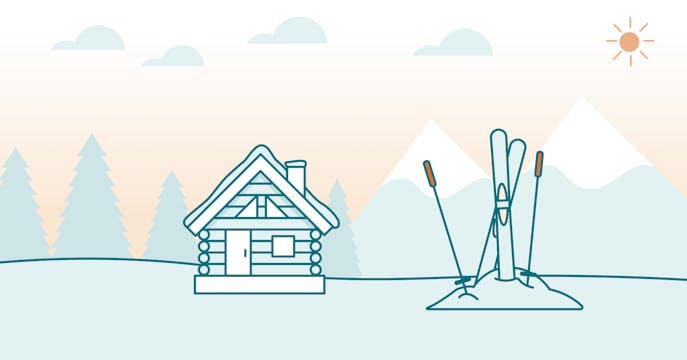
Eyeing that second property? Gain ground with our simpler mortgage process and better rates.
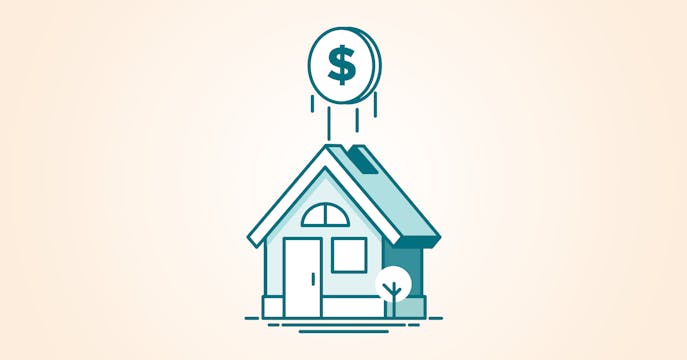
Need extra funds? A secured Line of Credit may save your day, without breaking the bank.